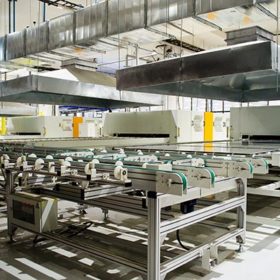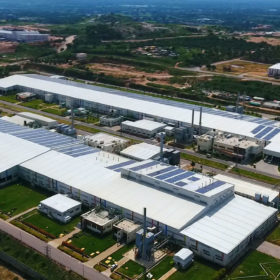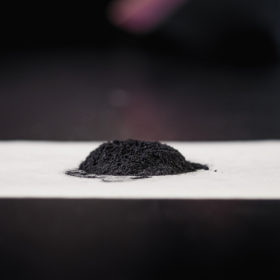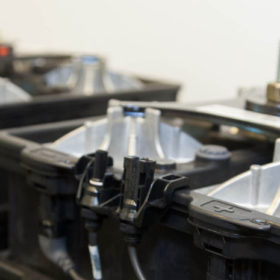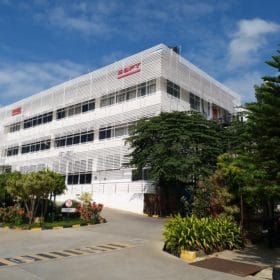The long read: What research is needed for the effective recycling of batteries?
With manufacturing ramping up year by year and policies already looking to get ahead of the large volumes of end-of-life products, the landscape for lithium-ion battery recycling is rapidly changing. pv magazine recently spoke with Mari Lundström, associate professor of chemical and metallurgical engineering at Aalto University, to find out what is needed on the research side for the effective recycling of batteries.
CEO survey shows renewable energy industry in upbeat mood
A survey conducted among top executives in the renewable energy industry elicited positive feedback on most fronts, including government policies, demand for renewable power as well as land.
PLI Scheme will help India emerge as clean-tech factory of the world
The Production-Linked Incentive (PLI) scheme in batteries and solar will help India graduate from a passive recipient to an active driver in the global clean-tech story.
Amara Raja Batteries to reposition itself as an energy and mobility player
The Indian lead-acid battery major would form a new strategic business unit for lithium cells and battery packs, electric vehicle (EV) chargers, energy storage systems, and other related products and services as it looks to reposition itself as an energy and mobility player.
The long read: Dial manganese for battery stability
Often sidelined by nickel and cobalt when it comes to batteries, the metal manganese is finding proponents in science and industry – in particular, by those attempting to avoid supply and cost issues. Ian Morse reports on the role of manganese in battery cell production.
Cabinet approves INR 18,100-crore incentives for advanced battery storage production
The production-linked incentive scheme for battery storage, with an outlay of INR 18,100 crore (US$ 2459 million), is intended to build a cumulative 50 GWh of advanced chemistry cell (ACC) and 5 GWh of ‘niche’ ACC production facilities in India.
Electric car maker Triton-EV registers India office
The US-headquartered company has registered its Indian arm by the name of Triton Electric Vehicles India in New Delhi as it plans to capture the nation’s growing EV market. It is also in discussion with a few states to set up a factory.
Roshan Energy signs lithium battery production agreement with US firm
The Telangana-headquartered lithium-iron-phosphate (LFP) battery manufacturer has teamed up with Las Vegas-headquartered Barrel Energy to develop and manufacture lithium batteries for electric vehicles. The joint venture will establish factories in India and North America.
Electric vehicle transition presents US$266-billion investment opportunity this decade
A new report by government thinktank NITI Aayog and Rocky Mountain Institute (RMI) identifies financing as one of the hurdles for India’s electric mobility transition. It proposes solutions to lower the cost and increase finance for electric vehicles in the nation.
Saft rebrands its products made in India
The rebranding to Saft Urja—from Amco Saft—reflects the battery manufacturer’s strategic approach to better leverage the Indian market. The company has also announced plans to increase its production capacity at Bangalore factory by 20%, enhance the workforce at its design office and launch new industrial battery products for India region.


